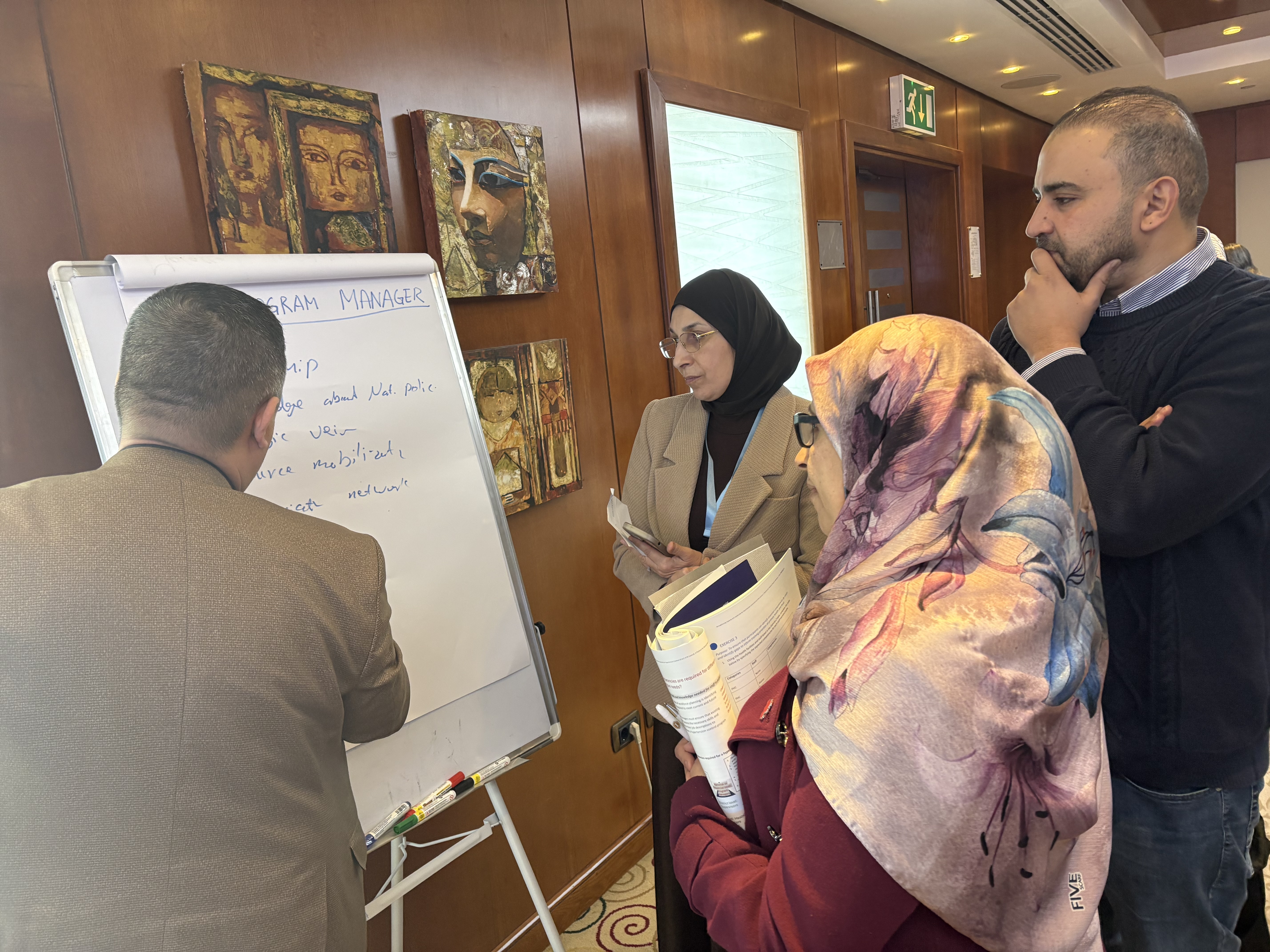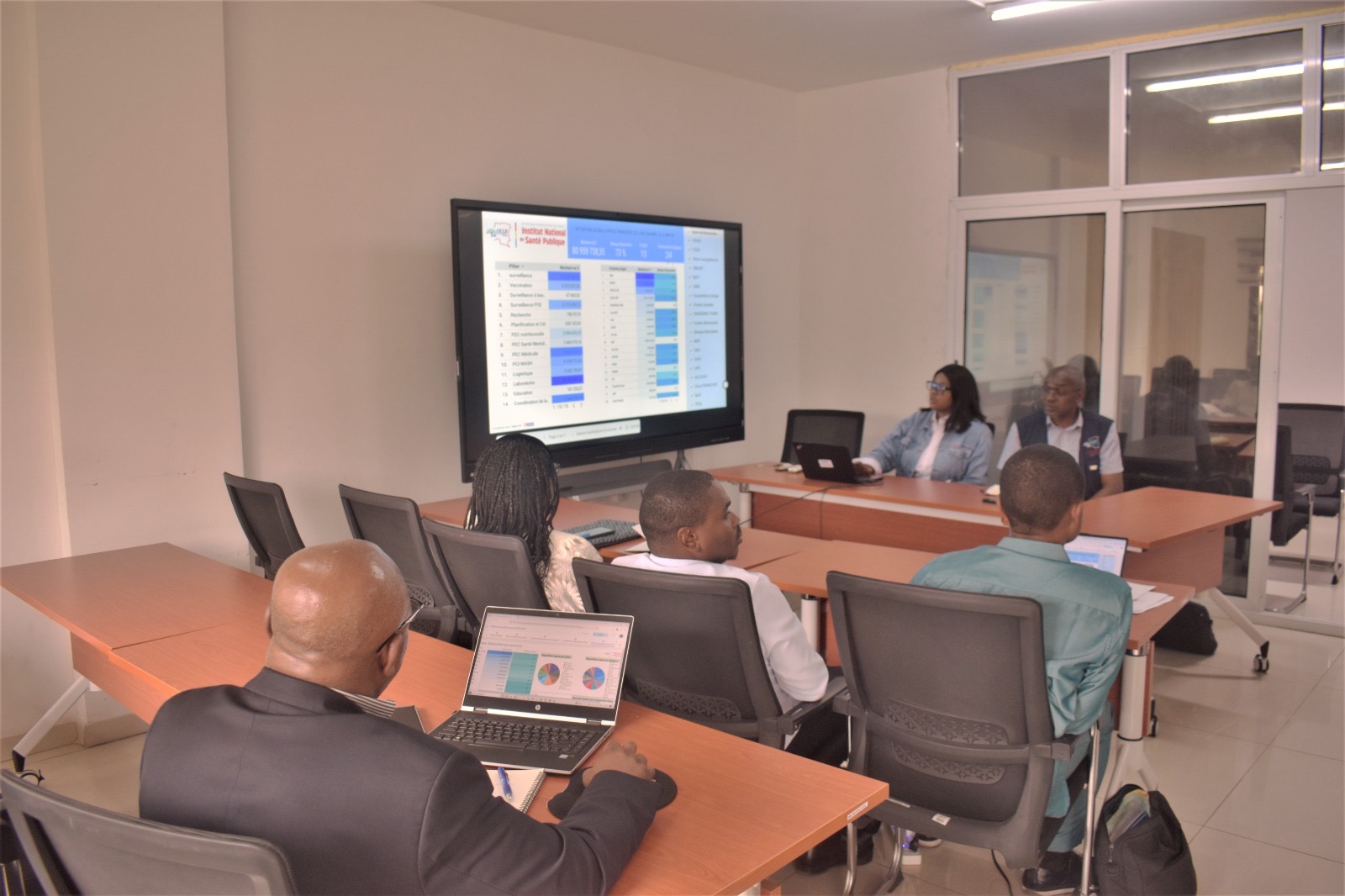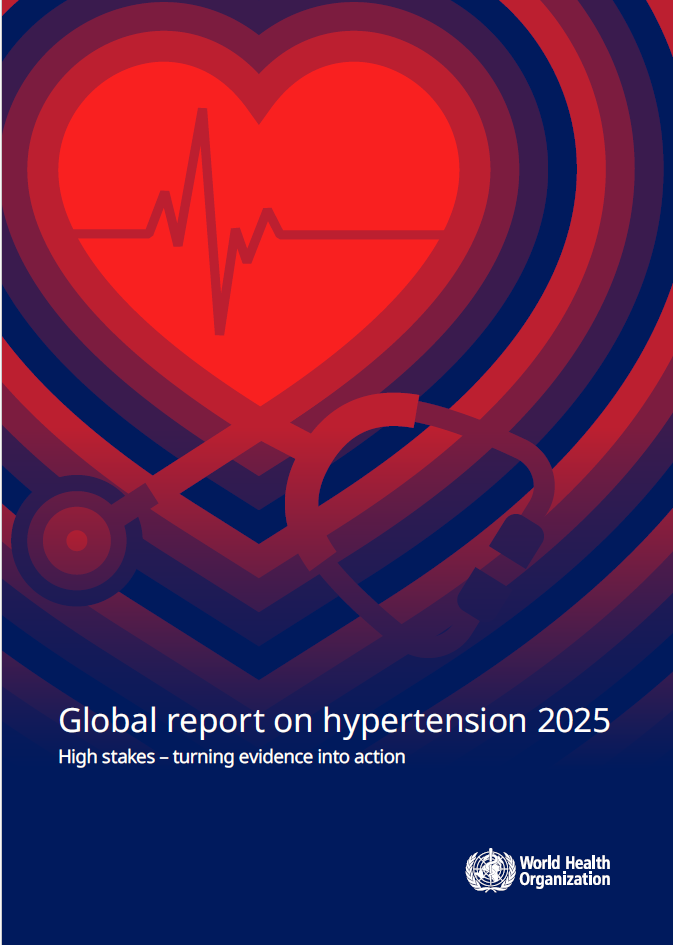At Resolve to Save Lives, we use our deep technical expertise to support countries in saving lives from the world’s leading killers.
From gathering valuable data on salt reduction to studying innovative digital tools to tackle hypertension, our team has been involved in important recent research that’s helping to make the world safer from heart disease.
Check out these six peer-reviewed articles that RTSL staff contributed to last quarter!
Sodium reduction in Thailand
Not only does sodium reduction save lives, but it also saves money. In a new article for The Lancet Regional Health – Southeast Asia, Dr. Renu Garg joined the Thai Low Salt Network and other partners to detail lessons learned from recent successes advocating for salt reduction to be a national health priority in Thailand. All countries can apply these lessons to prioritize salt reduction and improve heart health.
Mobile hypertension training in Nigeria
Health care workers play a critical role in improving the diagnosis and treatment of high blood pressure. A new pilot study developed by our Nigeria team and partners, and published in BMC Health Services Research, evaluates mobile-optimized online training to diagnose and manage hypertension among health workers in Nigeria. On-demand mobile digital hypertension training successfully increases knowledge of hypertension management and can be a tool to build health workforce capacity for hypertension and other chronic diseases.
The potential of low-sodium salt
After evaluating existing clinical guidelines for hypertension and chronic kidney disease management, the authors of this study published in the journal Hypertension found they contained inconsistent recommendations about the use of potassium-enriched, low-sodium salt substitutes. To counter this, the authors made recommendations for improving and standardizing these clinical guidelines . They emphasized the need for strong recommendations for low-sodium salt use among patients with hypertension and conditional recommendations for the general population.
Point of care testing in Peru
Point of care testing devices are easy to use, can provide quick and accurate results within minutes, and can be used in many different settings, including rural locations. Given these many advantages, RTSL’s Andrew Moran and Reena Gupta explored ways to increase point-of-care testing use for non-communicable diseases in Peru in a new BMC Health Services Research study. One promising approach involves co-creation workshops featuring community members, primary health care workers and regional decision makers.
Digital tools to treat hypertension and diabetes
Our Digital team built the Simple app, which has helped treat more than four million patients across four countries. This new article in Sage describes the process of using the Simple app to manage patients with uncontrolled high blood pressure and diabetes as part of the India Hypertension Control Initiative from 2019-2022.
Hypertension control in Bangladesh
A study published in BMJ’s Heart Journal is the first to rigorously assess the complete WHO HEARTS technical package for hypertension. Conducted in rural Bangladesh, it shows that this approach significantly improves high blood pressure treatment and control. Our team championed this HEARTS package and now there’s further evidence to scale it up throughout Bangladesh and in other low- and middle-income countries.


